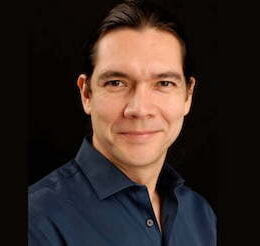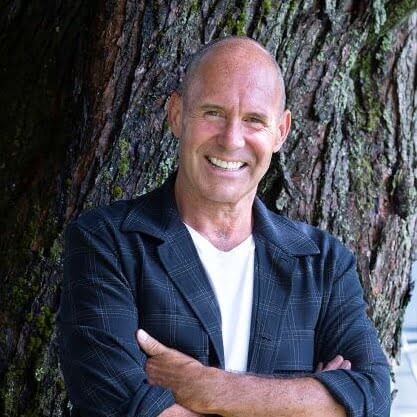
Our lectures are offered in person upon request, as well as virtually throughout the year (check our calendar)

Opportunity to create customized workshops to meet the specific needs of your organization

High-quality lectures offered by First Nations members


With a master’s degree in public administration, Alexandre Bacon has acted as a political advisor for the Innu Nation and as a Strategic Advisor to various organizations, particularly on governance and self-government issues.
He is a skilled communicator with many talents and is regularly called upon to facilitate meetings between Indigenous and non-Indigenous authorities. Alexandre is the Founding President of the Ashukan Institute, an organization dedicated to deploying training programs focusing on Indigenous communities' history and socio-political realities and providing concrete tools for participants to interact and work more effectively with First Nations.
In addition to his achievements as an entrepreneur and bridge builder between communities, Alexandre Bacon is an outstanding storyteller with a great passion for Innu mythology.

Edith Bélanger is a member of the Wolastoqiyik (Maliseet) Wahsipekuk First Nation of Cacouna, Quebec. Author of two books on Wolastoqey culture and collaborator on two collections of texts by Indigenous authors, she is a public speaker on Indigenous issues and a columnist for Radio-Canada, where she writes a weekly column on the Indigenous Spaces platform.
In addition to being the mother of four children, Edith graduated in philosophy from Laval University, completed a DESS from the École nationale d'administration publique (ENAP) in Public Administration in Indigenous Context in addition to being part of the Wabanaki Leadership Institute scholarship program at the University of Maine. She is currently pursuing a PhD in Traditional Indigenous Governance at the Université du Québec en Abitibi-Témiscamingue (UQAT). Her interest in Indigenous cultures, traditions and rituals dates back to her childhood and has led her to study in several areas, such as law, herbalism and traditional healing processes. She lives in Rivière-du-Loup.

Pierre Picard is a member of the Huron-Wendat Nation. He is trained in the psycho-corporal intervention approach, has a master’s degree in clinical sexology and specializes in sexual assault among First Nations in Quebec. He has led the Indigenous Psychosocial Research and Intervention Group (GRIPMA) for several years. Mr. Picard is a public speaker, trainer, researcher, clinical supervisor and lecturer at the Université de Montréal in Public Health at the Faculty of Continuing Education. He has conducted several studies focusing exclusively on psychosocial issues in Indigenous communities and healing methods adapted to cultural and identity differences specific to First Nations in Quebec. He is an expert on several government working groups and committees and regularly collaborates in developing policies, programs and strategies, specifically on cultural safety in Indigenous communities. He is the 2022 recipient of the First Peoples Medal awarded by the Lieutenant Governor of Quebec.
In embracing the Bear and its symbolism, the Ashukan Institute aims to:
Assert our pride in our identity and our mission: to promote the richness of our cultures, pass on our history from an Indigenous perspective, and raise awareness of the realities and issues affecting Indigenous peoples, in order to contribute to building bridges between nations.
Celebrating our kinship and expressing our solidarity with all Indigenous entrepreneurs who proudly embrace their roots while contributing to the economic development of First Nations.
For more information: https://id1n.org/en/